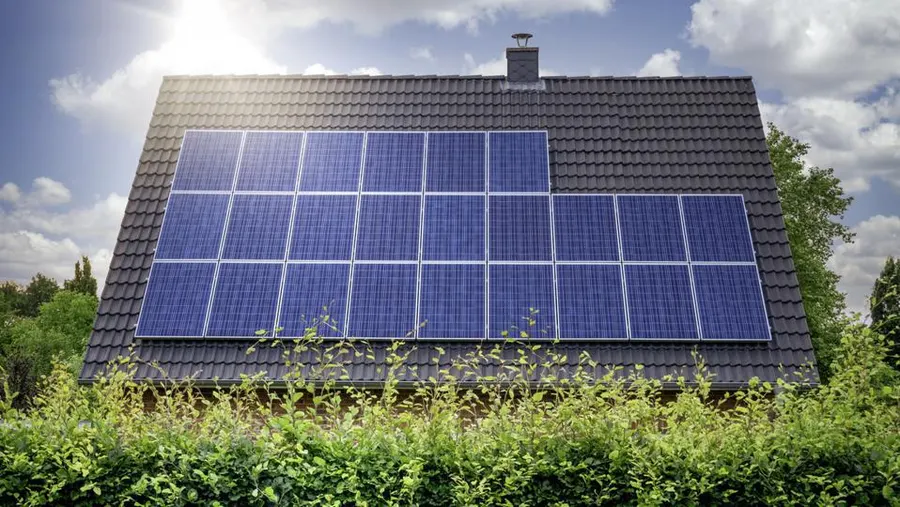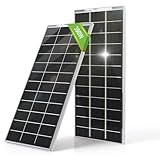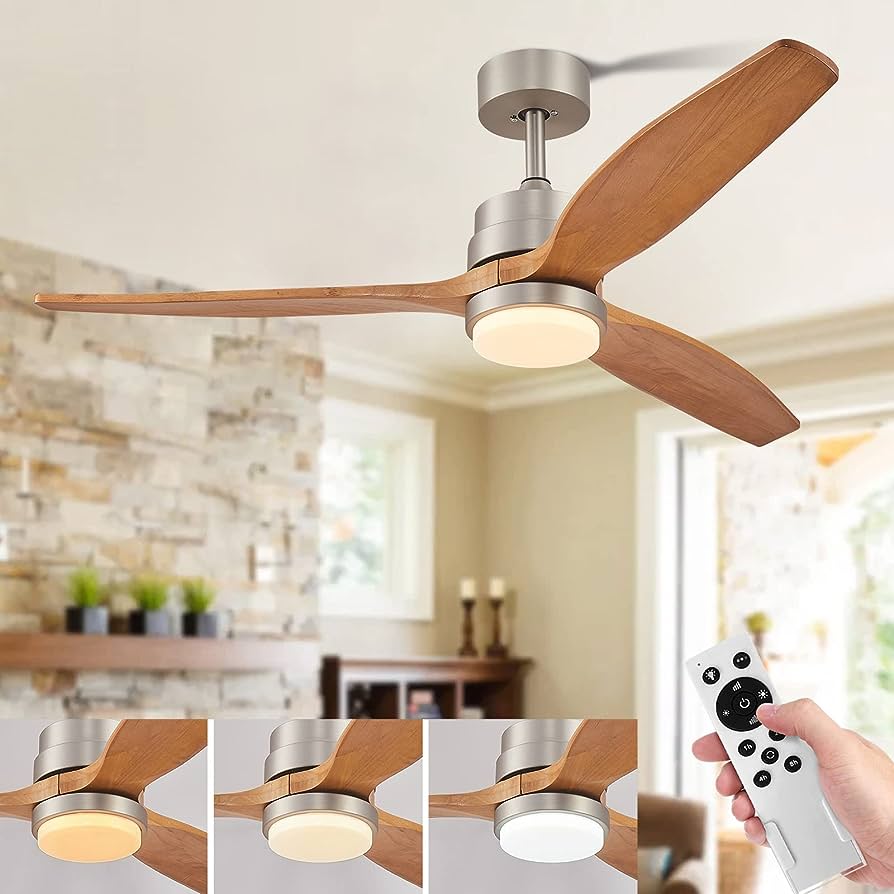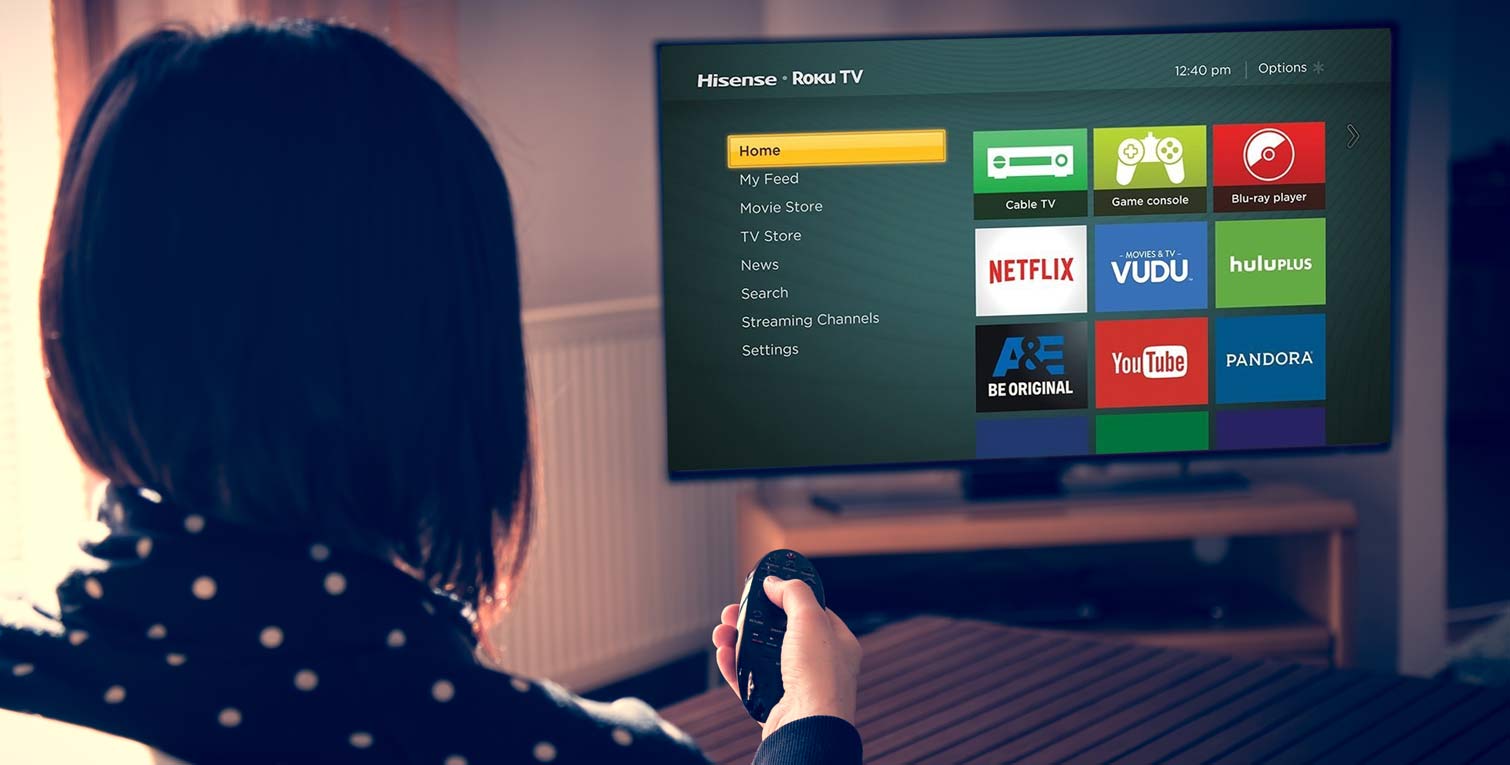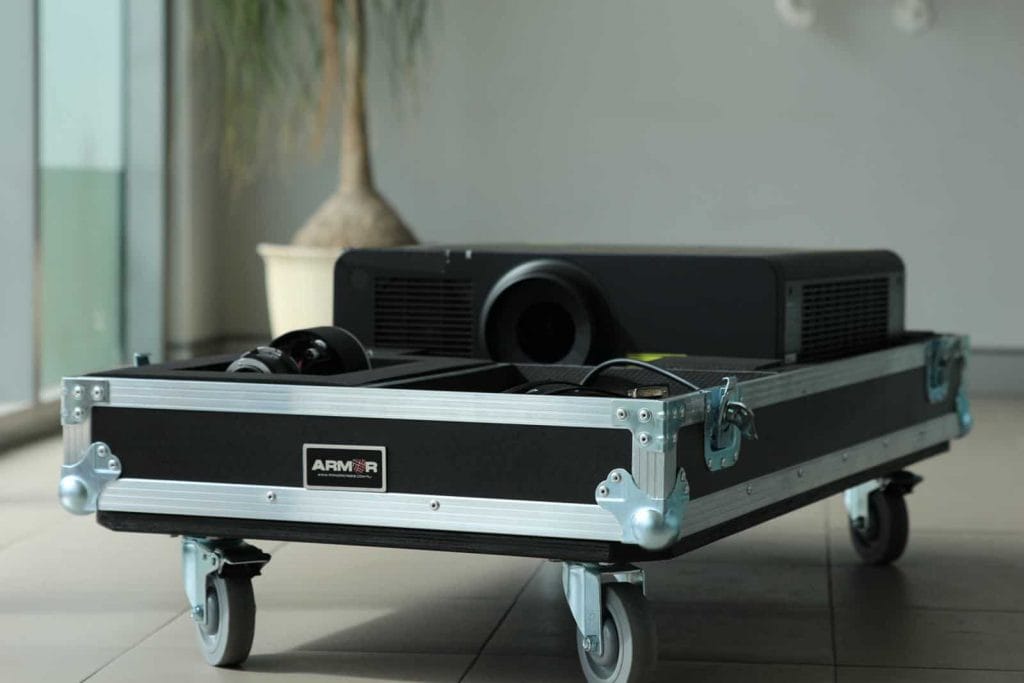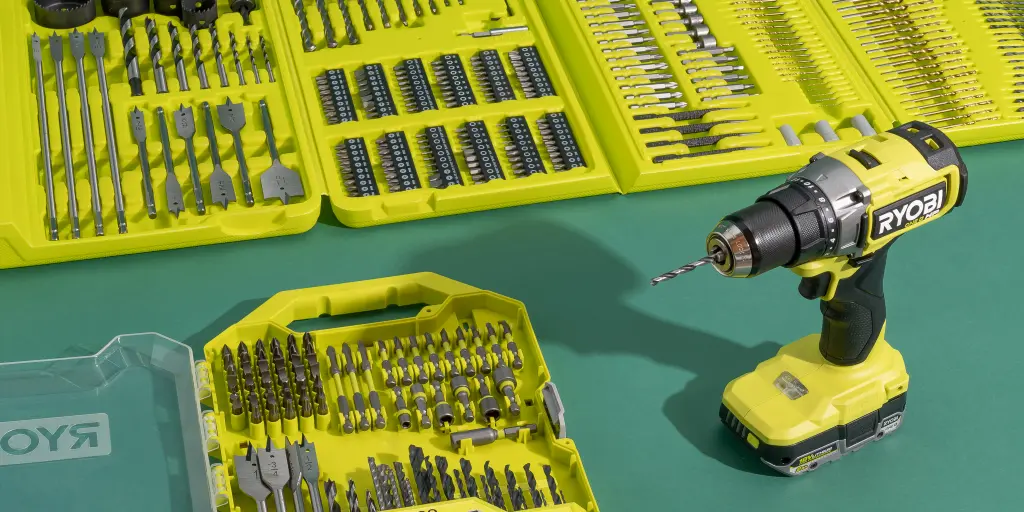1. Introduction
Welcome to our guide on how to choose solar panels for your home! With the rising costs of electricity and the need for sustainable energy sources, solar panels have become an increasingly popular option for homeowners. By harnessing the power of the sun, solar panels can generate clean and renewable energy, reducing your carbon footprint and saving you money on your monthly utility bills. But with a wide range of options available, how do you choose the right solar panels for your specific needs? In this article, we will walk you through the key factors to consider when selecting solar panels for your home, so you can make an informed decision and start enjoying the benefits of solar power.
- [Wide Application]: Daily Output 800wh/day under 4 hours full sunshine condition. Perfect for RV, Caravan, Marine, Camper, Electric scooter, Golf...
- [Excellent Performance]: ECO-WORTHY solar panels use high-performance monocrystalline solar cells, which can provide up to 21.5% higher efficiency...
- [ Proven Durable Quality ] - Daily output 1600wh depends on the sunlight availability
- [ Durable ] - Withstand high wind (2400Pa) and snow loads (5400Pa), the surface is made up of 3.2mm low Iron glass, the monocrystalline modules are...
- 【Premium Material,23.5% Impressive Conversion Efficiency】:Our 100W solar panel for camping is engineered with premium A+ monocrystalline silicon...
- 【Versatile Output and Wide Compatibility】:100W foldable solar panel comes with a controller which is equipped with 3 versatile interfaces to meet...
- Superior Quality and Material - All Renogy solar panels are made from 100% EL-tested Grade A+ solar cells to provide the highest power conversion...
- Advanced Solar Cell Tech and Panel Structure - Renogy solar panels adapted the newest 9 Bus-bars cell tech and Half-cell structure, allowing the...
- Powerful yet Compact: Boasting a 1,500W AC output and a 3,000W surge peak, the Solar Generator 1000 V2 can power multiple appliances, including AC...
- One Hour Fast Charging: Charge your Explorer 1000 v2 Portable Power Station from 0% to 100% battery level in just one hour with emergency charging...
- [ Proven Durable Quality ] - Daily output 1000wh depends on the sunlight availability
- [ Versatile ] - Basic generator component for 12V/24V battery charging for on-grid, off-grid and hybrid power system for home, garden, RV, Boat and...
- 【High Conversion Rate】This 20W solar panel with monocrystalline A+ solar cell has an excellent cell efficiency of 21%-30%. Designed to charge and...
- 【Built to Last】 Low-iron tempered glass surface and corrosion-resistant aluminum frame, make this solar panel 100% waterproof and rustproof, and...
- 【Ideal Output】 The bifacial solar panels adopts a transparent back 12BB solar cell design, and the back is made of composite materials, with a...
- 【Solid Components】The back panel, made of composite material, is windproof and snow-resistant. The metal aluminum frame is rust-proof and...
- 25000mAh High Capacity: The solar power bank charges up 6-8 times for a cell phone and 2.5 times for a tablet, great for a week-long trip.
- Large Solar Panels: This solar charger comes with 4 high-performance solar panels that can reach 6W in direct sunlight to keep your phone up and...
- Advanced encapsulation material with multi-layered sheet laminations to enhance cell performance and provide a long service life.
- EL tested solar modules; no hot-spot heating guaranteed. Bypass diodes minimize power drop caused by shade and ensure excellent performance in...
As an Amazon Associate I earn from qualifying purchases. Learn More
2. Understanding Solar Panels: Definition and Background
2.1 What are solar panels?
Solar panels, also known as photovoltaic panels, are devices that convert sunlight into electricity. They are made up of individual solar cells, which are typically made of silicon. When sunlight hits these solar cells, it excites the electrons within them, generating an electric current. This current is then captured and converted into usable electricity that can power your home’s appliances and systems.
2.2 Brief history of solar panels
The concept of harnessing solar power dates back to the 19th century when French physicist Edmond Becquerel discovered the photovoltaic effect, the process by which certain materials produce electrical current when exposed to light. However, it was not until the mid-20th century that practical solar panels were developed.
In the 1950s, Bell Laboratories produced the first silicon-based solar cell, marking a major breakthrough in solar technology. Over the years, advancements in technology and manufacturing processes have made solar panels more efficient, affordable, and accessible to homeowners.
Today, solar panels are widely used around the world, ranging from small residential installations to massive solar farms that can generate large amounts of electricity for communities.
3. Importance of Choosing the Right Solar Panels
3.1 Environmental benefits
One of the key reasons to choose the right solar panels for your home is the positive impact it can have on the environment. By generating electricity from sunlight, solar panels produce zero greenhouse gas emissions and reduce reliance on fossil fuels. This means that by installing solar panels, you are actively contributing to the fight against climate change and promoting a cleaner, greener future.
3.2 Financial savings
Choosing the right solar panels can also result in significant financial savings in the long run. While the initial investment might seem substantial, solar panels have a long lifespan and can generate electricity for several decades. By generating your own electricity, you can reduce or even eliminate your reliance on the grid, leading to substantial savings on your monthly electricity bills. Additionally, many governments and utility companies offer incentives, tax credits, and rebates for installing solar panels, further enhancing the financial benefits.
Moreover, if your solar panels generate excess electricity, you may have the opportunity to sell it back to the grid through net metering, helping you to offset the cost of your investment and potentially even earn money from your solar power system.
4. Practical Applications
4.1 Residential Use
When it comes to choosing solar panels for your home, there are several practical applications that you should consider. One of the most common applications is residential use. Installing solar panels on your roof allows you to harness the power of the sun and generate electricity for your household. By doing so, you can reduce your reliance on traditional energy sources and potentially lower your monthly electricity bills. Moreover, solar panels can be a reliable backup power source during power outages, ensuring your essential appliances keep running.
4.2 Commercial Use
Solar panels are not only beneficial for residential settings but also have practical applications in commercial buildings. Many businesses are transitioning to solar energy to reduce operating costs and promote sustainability. Whether you own a small retail store or a large office building, installing solar panels can help offset a significant portion of your electricity consumption. Moreover, it sends a positive message to your customers or clients about your commitment to the environment.
4.3 Off-Grid Systems
Another practical application of solar panels is off-grid systems. These systems are commonly used in remote locations where connecting to the main power grid is not feasible or cost-effective. For example, if you have a cabin in the woods, a solar panel installation can provide you with a reliable source of electricity without relying on long power lines. Off-grid systems often include battery storage to store excess energy generated during the day for use at night or on cloudy days.
5. Benefits
5.1 Environmental Benefits
Choosing solar panels for your home not only benefits you financially but also has significant environmental advantages. Solar energy is a clean, renewable resource that produces zero emissions during operation. By using solar power instead of electricity generated from fossil fuels, you can significantly reduce your carbon footprint. This helps combat climate change and promotes a healthier and more sustainable future for generations to come.
5.2 Financial Benefits
Aside from its environmental advantages, solar panels offer promising financial benefits. When you generate electricity from solar energy, you become less reliant on utility companies, which means lower electricity bills. Additionally, some regions offer incentives, such as tax credits or rebates, for those who install solar panels. These incentives can further decrease the overall cost of your solar panel system and provide a return on your investment over time.
5.3 Energy Independence
One of the most appealing benefits of solar panels is the ability to achieve energy independence. By harnessing the power of the sun, you can generate your own electricity and reduce your dependence on the power grid. This independence gives you peace of mind during blackouts or emergencies, as you will still have access to electricity. Furthermore, it insulates you from potential future increases in energy prices, providing long-term energy security for you and your household.
6. Challenges to Consider
6.1 Upfront Costs
While the benefits of solar panels are compelling, it’s important to consider the initial investment required. The cost of purchasing and installing solar panels can be significant. However, it’s crucial to remember that solar panel prices have been decreasing over the years, making them more accessible than ever before. Additionally, the long-term financial benefits and potential savings on electricity bills can outweigh the upfront costs.
6.2 Available Sunlight
Another challenge to consider when choosing solar panels for your home is the availability of sunlight in your area. Solar panels rely on sunlight to generate electricity, so if you live in a region with frequent cloudy or overcast days, the effectiveness of your solar panels may be reduced. However, advancements in technology have made modern solar panels more efficient, allowing them to generate electricity even in less-than-ideal conditions. It’s essential to conduct an analysis of your site’s solar potential to determine if solar panels are a viable option for you.
6.3 Maintenance and Repairs
Solar panels are generally low-maintenance, but they still require regular inspections and occasional cleaning to ensure optimal performance. Additionally, like any other technology, they may require repairs over time. While warranties can provide some peace of mind, it’s important to consider the ongoing maintenance and potential repair costs associated with solar panel systems.
Now that we’ve explored the practical applications, benefits, and challenges of solar panels, let’s dive deeper into the important factors to consider when choosing the right solar panel for your home.
7. Comparisons
7.1 Efficiency vs. Cost
When choosing solar panels for your home, you’ll come across a variety of options with different efficiency ratings and costs. It’s important to strike a balance between these two factors. High-efficiency panels generally generate more electricity per square meter, but they come at a higher price. On the other hand, lower-cost panels may not be as efficient, meaning you’ll need more of them to generate the same amount of electricity. Consider your budget and energy needs to find the right balance between efficiency and cost.
7.2 Monocrystalline vs. Polycrystalline
Monocrystalline and polycrystalline are two common types of solar panels. Monocrystalline panels are made from a single crystal structure, which gives them a sleek black appearance. These panels tend to be more efficient and perform better in low light conditions. On the other hand, polycrystalline panels are made from multiple crystals, which results in a blueish color. While they may be less efficient than monocrystalline panels, they generally come at a lower cost. Consider your aesthetic preferences and budget when choosing between these two options.
8. Tips for Choosing Solar Panels
8.1 Get Multiple Quotes
Before making a decision, it’s crucial to get multiple quotes from different solar panel installers. This will allow you to compare prices, warranties, and the quality of equipment offered. Keep in mind that the cheapest option may not always be the best in terms of long-term performance and reliability. Research the reputation of the company, read customer reviews, and ask for references to ensure you’re choosing a reputable installer.
8.2 Consider Long-Term Savings
While the initial cost of solar panels may seem high, it’s important to consider the long-term savings they can provide. Solar panels can significantly reduce or eliminate your electricity bills, and many governments offer incentives and tax credits for installing renewable energy systems. Calculate the payback period to see how long it will take for the savings to outweigh the initial investment. In the long run, solar panels can be a wise financial decision.
8.3 Take Advantage of Warranties
When selecting solar panels, pay close attention to the warranties offered by manufacturers and installers. A good warranty can provide peace of mind and protect your investment. Look for warranties that cover both the equipment and the installation, as well as warranties on the panel’s performance. Ideally, a warranty of at least 25 years for the equipment and 10 years for the performance should be sought. This way, you can be confident that your panels will continue to generate electricity efficiently for years to come.
9. Final Thoughts
Choosing solar panels for your home is an investment in a greener future and a more sustainable way of living. By harnessing the power of the sun, you can reduce your carbon footprint and save money on your energy bills. However, the decision should not be taken lightly. Consider your energy needs, budget, and long-term savings to make an informed choice.
Remember, the right solar panel system for your home will depend on a combination of factors such as efficiency, cost, aesthetics, and warranties. Take the time to research and compare your options, consult with reputable installers, and make a decision that aligns with your goals. With proper planning and installation, solar panels can provide clean and renewable energy for your home for many years to come. So go ahead, embrace solar power, and contribute to a brighter and more sustainable future for our planet.
Frequently Asked Questions
1. What factors should I consider when choosing a solar panel for my home?
To choose the right solar panel for your home, consider factors such as your energy needs, available roof space, budget, solar panel efficiency, and warranty. Assessing these aspects will help you make an informed decision that suits your requirements.
2. How do I determine the size of the solar panel system I need?
The size of the solar panel system you need depends on your average electricity consumption. By reviewing your monthly electricity bills, you can calculate the kilowatt-hour (kWh) usage. Divide the annual kWh usage by the average peak sun hours per day in your area to estimate the size of the solar panel system required.
3. What is the difference between monocrystalline and polycrystalline solar panels?
Monocrystalline solar panels are made from a single crystal structure, making them highly efficient and space-efficient. Polycrystalline solar panels are made from multiple crystals, resulting in a lower efficiency but a more affordable option. Both types of panels can generate electricity from sunlight.
4. Are there any government incentives or rebates available for installing solar panels?
Yes, many countries offer incentives and rebates to encourage the installation of solar panels. These incentives can include tax credits, grants, and feed-in tariffs. It’s best to research the specific incentives available in your area or consult with a local solar installation company to explore the potential financial benefits.
5. How long do solar panels typically last?
Solar panels are designed to be durable and can last for 25 to 30 years or even longer with proper maintenance. Manufacturers often provide warranties ranging from 20 to 25 years for their solar panels. Regular cleaning and inspection can help maximize their lifespan and ensure optimal performance.

